Auto Transport Insurance: Comprehensive Guide for Vehicle Protection
Introduction
Auto transport insurance is a crucial aspect of shipping a vehicle. Whether you’re relocating, buying a car from another state, or sending a vehicle to a loved one, understanding the nuances of auto transport insurance can save you from potential financial loss and stress. This comprehensive guide will walk you through all aspects of auto transport insurance, ensuring you have the knowledge needed to make informed decisions and protect your valuable asset.
Table of Contents
| Heading | Sub-Headings |
|---|---|
| Understanding Auto Transport Insurance | |
| What is Auto Transport Insurance? | |
| Importance of Auto Transport Insurance | |
| Types of Vehicle Transport Insurance Coverage | |
| Comprehensive Coverage | |
| Collision Coverage | |
| Liability Coverage | |
| Gap Insurance | |
| Custom Parts Coverage | |
| How Vehicle Transport Insurance Works | |
| Policy Inclusions and Exclusions | |
| Claims Process | |
| Coverage Limits | |
| Deductibles | |
| Choosing the Right Vehicle Transport Insurance | |
| Assessing Your Insurance Needs | |
| Comparing Insurance Providers | |
| Reading the Fine Print | |
| Cost of Vehicle Transport Insurance | |
| Factors Affecting Insurance Costs | |
| Ways to Save on Auto Transport Insurance | |
| Vehicle Transport Insurance and Different Transport Methods | |
| Open Transport Insurance | |
| Enclosed Transport Insurance | |
| Door-to-Door vs. Terminal-to-Terminal Coverage | |
| Common Issues and Solutions in Auto Transport Insurance | |
| Damages During Transit | |
| Delays in Vehicle Delivery | |
| Insufficient Coverage | |
| FAQs on Auto Transport Insurance | |
| What does auto transport insurance cover? | |
| How much does auto transport insurance cost? | |
| Is auto transport insurance mandatory? | |
| How do I file a claim? | |
| What should I do if my vehicle is damaged during transport? | |
| Can I use my auto insurance for vehicle transport? | |
| Conclusion |
Understanding Auto Transport Insurance

What is Auto Transport Insurance?
Auto transport insurance is a type of coverage specifically designed to protect vehicles during transit. Unlike standard auto insurance, this policy caters to the unique risks of shipping a vehicle, whether by land, sea, or air. This insurance ensures that if your vehicle is damaged, lost, or stolen while in transit, you are financially protected.
Importance of Auto Transport Insurance
The significance of auto transport insurance cannot be overstated. Shipping a vehicle involves numerous risks, including accidents, weather damage, theft, and handling issues. Without proper insurance, you could face significant financial losses. Auto transport insurance provides peace of mind, knowing that your vehicle is covered against these potential threats.
Types of Auto Transport Insurance Coverage
Comprehensive Coverage
Comprehensive coverage protects your vehicle from non-collision-related damages. This includes theft, vandalism, natural disasters, and other incidents that can occur while your vehicle is in transit. It’s an essential part of any auto transport insurance policy, providing broad protection.
Collision Coverage
Collision coverage, as the name suggests, covers damages resulting from collisions during transport. Whether your vehicle is being transported by truck, train, or ship, accidents can happen. This coverage ensures that repair costs are covered, minimizing out-of-pocket expenses for you.
Liability Coverage
Liability coverage is crucial for protecting against third-party claims. If the transport company’s negligence results in damage to other vehicles or property, liability coverage will handle the legal and financial repercussions. This is particularly important for transport companies but also benefits individual vehicle owners.
Gap Insurance
Gap insurance covers the difference between what you owe on your vehicle and its actual cash value. This is particularly useful for leased or financed vehicles, ensuring that you aren’t left paying out-of-pocket if your vehicle is totaled during transit.
Custom Parts Coverage
If your vehicle has custom parts or modifications, standard auto transport insurance might not cover their full value. Custom parts coverage ensures that these additions are included, providing full protection for your unique vehicle.
How Auto Transport Insurance Works
Policy Inclusions and Exclusions
Understanding what is included and excluded in your policy is critical. Typical inclusions are damages from accidents, weather, and theft. Exclusions might include personal items left in the vehicle, pre-existing damage, and certain high-risk areas. Always read your policy carefully to know what is covered.
Claims Process
The claims process for auto transport insurance involves several steps. First, document any pre-existing damage to your vehicle before shipping. If damage occurs, report it immediately to the transport company and your insurance provider. Provide all necessary documentation and follow up regularly to ensure a smooth process.
Coverage Limits
Coverage limits define the maximum amount your insurance company will pay for a claim. These limits can vary significantly between policies. Make sure your coverage limit is sufficient to cover the full value of your vehicle, including any custom parts or modifications.
Deductibles
A deductible is the amount you pay out-of-pocket before your insurance coverage kicks in. Higher deductibles usually mean lower premiums, but it’s important to choose a deductible that you can comfortably afford in case of a claim.
Choosing the Right Vehicle Transport Insurance
Assessing Your Insurance Needs
Begin by assessing the value of your vehicle and any specific risks associated with its transport. Consider the distance, transport method, and any custom parts. This will help you determine the level of coverage you need.
Comparing Insurance Providers
Not all insurance providers are created equal. Compare quotes, coverage options, and customer reviews from multiple providers. Look for companies with a strong reputation for handling claims efficiently and providing excellent customer service.
Reading the Fine Print
Always read the fine print of any insurance policy. Pay attention to exclusions, coverage limits, and the claims process. Understanding these details will prevent surprises if you need to file a claim.
Cost of Vehicle Transport Insurance

Factors Affecting Insurance Costs
Several factors influence the cost of auto transport insurance. These include the value of your vehicle, transport distance, transport method (open or enclosed), and your chosen coverage limits and deductibles. Understanding these factors can help you estimate your insurance costs accurately.
Ways to Save on Vehicle Transport Insurance
There are several strategies to reduce your auto transport insurance costs. These include bundling insurance policies, opting for higher deductibles, and maintaining a good driving record. Additionally, some transport companies offer discounts if you purchase their insurance policy.
Vehicle Transport Insurance and Different Transport Methods
Open Transport Insurance
Open transport is the most common and cost-effective method for shipping vehicles. However, it exposes your vehicle to the elements. Ensure your policy includes comprehensive coverage to protect against weather-related damages.
Enclosed Transport Insurance
Enclosed transport provides greater protection as your vehicle is shipped in a covered trailer. This method is ideal for high-value and classic cars. Although more expensive, the added protection often justifies the higher cost.
Door-to-Door vs. Terminal-to-Terminal Coverage
Door-to-door transport offers convenience by picking up and delivering your vehicle directly to specified locations. Terminal-to-terminal transport is usually cheaper but involves dropping off and picking up your vehicle at designated terminals. Ensure your insurance covers the entire transport process.
Common Issues and Solutions in Auto Transport Insurance
Damages During Transit
If your vehicle is damaged during transit, document the damage immediately and contact your insurance provider to initiate a claim. Providing thorough documentation, including photos and a detailed description, will expedite the claims process.
Delays in Vehicle Delivery
Delays can occur due to weather, mechanical issues, or logistical problems. While frustrating, these delays are usually covered by your insurance. Keep in touch with your transport company for updates and notify your insurance provider if the delay affects your coverage period.
Insufficient Coverage
Review your policy to ensure it provides adequate coverage. If you discover gaps, contact your insurance provider to discuss additional coverage options. It’s better to address these issues before transport rather than dealing with them after an incident.
FAQs on Auto Transport Insurance
What does vehicle transport insurance cover?
Auto transport insurance typically covers damages from accidents, weather, theft, and vandalism during transit. It may also include liability coverage for third-party damages.
How much does vehicle transport insurance cost?
The cost varies based on factors such as vehicle value, transport distance, and coverage limits. On average, it can range from $50 to several hundred dollars.
Is Vehicle transport insurance mandatory?
While not always mandatory, it’s highly recommended. Some transport companies include basic insurance in their services, but this may not be sufficient for all vehicles.
How do I file a claim?
Document any pre-existing damage before transport, and report new damage immediately upon delivery. Contact your insurance provider and provide all necessary documentation to file a claim.
What should I do if my vehicle is damaged during transport?
Take photos of the damage, contact the transport company and your insurance provider, and file a claim. Ensure all documentation is thorough and accurate.
Can I use my personal auto insurance for vehicle transport?
Some personal auto insurance policies may cover vehicle transport, but this is not always the case. Check with your insurance provider to confirm.
Conclusion
Auto transport insurance is an essential part of shipping a vehicle. By understanding the various coverage options, how policies work, and common issues, you can ensure your vehicle is well-protected. This guide provides the necessary insights to choose the right insurance, save on costs, and navigate the claims process effectively. Protect your investment and enjoy peace of mind knowing your vehicle is covered during its journey.
Auto Transport Insurance By Intercity Auto Movers:
Get full coverage with Intercity Auto Movers at the best prices! For all vehicles, any shape, size, and color as long as it has wheels…
The best auto transport company in South Africa for the last 13 years. Quality, Safety, and Affordable…
Get Your Free Quote Today And Save Big!!! -> Here <-
- Locations: Cape Town Location
- Contact Details: Terms and Conditions
- News: News
- Testimonials: Home
- Twitter: https://twitter.com/IAMSA_Transport
